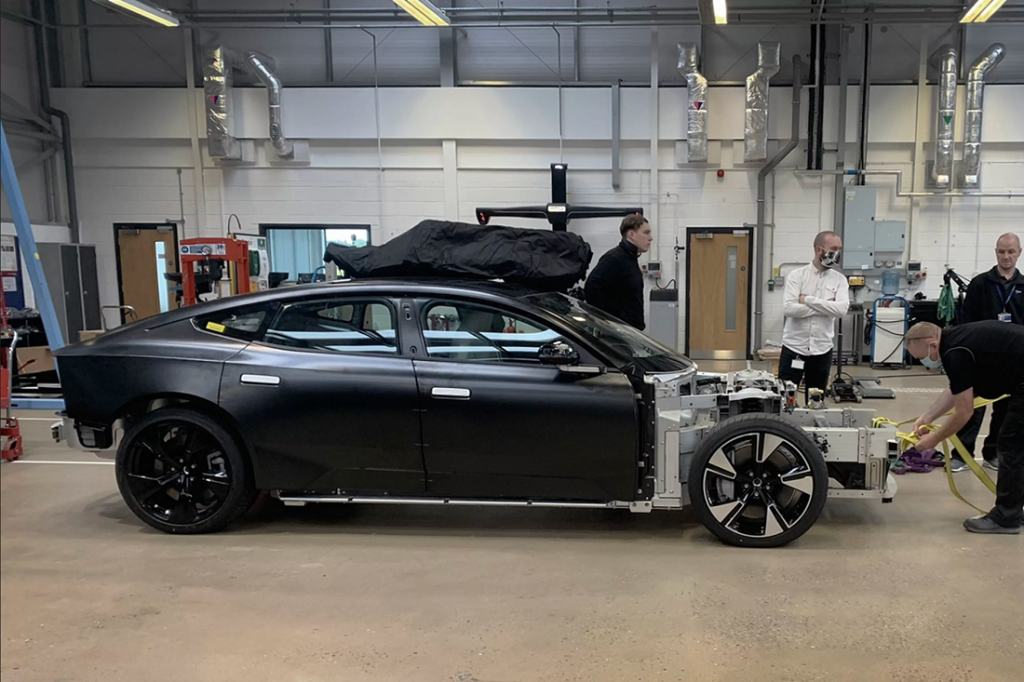
The global chip shortage continues to impact the automotive industry as chip manufacturers struggle to handle the backlog of orders due to a combination of factors, including the COVID-19 pandemic and natural disasters in the United States and Asia. This shortage has led to production disruptions and supply chain challenges for automakers worldwide. In fact, some experts predict that the chip crisis could result in a production loss of up to 9.5 million vehicles.
The automotive industry heavily relies on semiconductor chips for various applications, including engine management, infotainment systems, advanced driver-assistance systems, and more. However, the demand for chips has surged in recent years, driven by the growing integration of electronic components in vehicles. Additionally, the COVID-19 pandemic has disrupted global supply chains, leading to factory shutdowns and reduced chip production capacity.
The situation has been exacerbated by natural disasters, such as earthquakes and typhoons, in major chip manufacturing regions like Taiwan and Japan. These events have further constrained the availability of chips, creating a significant imbalance between supply and demand.
As a result, automakers have been forced to scale back production or temporarily halt manufacturing operations. This has led to delayed deliveries, increased vehicle prices, and reduced sales for many companies. The chip shortage has impacted both established automakers and emerging electric vehicle manufacturers, as the entire industry relies on semiconductor chips for critical functions.
To mitigate the effects of the chip shortage, automakers have been exploring various strategies. Some companies have prioritized their most profitable and popular vehicle models while reducing production of less popular or lower-margin vehicles. Others have sought alternative chip suppliers or adjusted their supply chains to diversify sourcing. However, these measures can only offer partial relief, as the global chip shortage is a complex and multifaceted issue that requires collaboration and long-term solutions.
Governments and industry associations have also recognized the severity of the chip crisis and have taken steps to address the situation. Efforts are being made to increase domestic chip production capacity, invest in research and development, and enhance supply chain resilience. Furthermore, dialogue between chip manufacturers, automakers, and government entities is ongoing to find ways to alleviate the impact on the automotive industry and prevent similar crises in the future.
In conclusion, the ongoing chip shortage is expected to continue affecting the automotive industry, with estimates suggesting a potential production loss of up to 9.5 million vehicles. The combined effects of the COVID-19 pandemic, natural disasters, and increased chip demand have disrupted global supply chains and strained chip manufacturing capabilities. Automakers have been forced to adjust production and seek solutions to mitigate the impact. Collaborative efforts between industry stakeholders and governments are crucial to finding long-term solutions and ensuring the resilience of the automotive industry in the face of future challenges.
